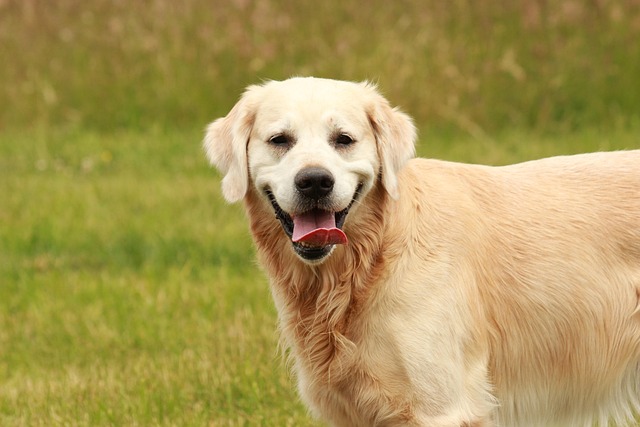
What is glaucoma in a dog?
You might notice your dog squinting more at mealtime or avoiding bright sunlight—these small changes could be early signs of a serious eye condition.
Golden Retrievers are born to move—chasing frisbees in the park, trotting beside bikes, or just bouncing through the yard with that endless enthusiasm only they seem to have. But as those floppy ears and wagging tails gray a little, joint health starts to weigh on every owner’s mind. Arthritis, that aching stiffness we associate with aging, isn’t uncommon in this breed, but when exactly does it typically show up?
Most vets agree that Golden Retrievers start facing arthritis risks around 7 to 10 years old, though it can creep in earlier. Some develop mild joint stiffness as young as 5, especially if they’ve had a lot of hard impact—think years of leaping off decks or running on concrete daily. It’s not just age, though; extra weight puts strain on those hips and elbows, a common trouble spot for the breed. Measuring kibble instead of free-feeding? That simple habit can add years to their active life.
Early signs are easy to miss if you’re used to their boundless energy. Maybe they hesitate before jumping into the car, or take a little longer to stand after napping. Some start favoring one leg during walks, or seem less interested in that evening game of fetch. These aren’t just “old age” quirks—they’re whispers that their joints need attention. Catching them early matters, especially with local regulations encouraging regular vet check-ups; many areas require annual wellness exams, and that’s where a vet can spot inflammation before it worsens.
 Preventing arthritis starts long before those first gray hairs. Puppies need controlled exercise—short, frequent play sessions instead of marathon hikes—to let joints develop properly. Avoiding hard pavement during peak exercise hours protects growing bones, and yes, keeping them on a leash during walks (as most municipalities require) isn’t just about compliance; it prevents sudden sprints that jar joints. Even adult Goldens benefit from low-impact activities like swimming, a favorite in neighborhoods with community pools that welcome dogs.
Preventing arthritis starts long before those first gray hairs. Puppies need controlled exercise—short, frequent play sessions instead of marathon hikes—to let joints develop properly. Avoiding hard pavement during peak exercise hours protects growing bones, and yes, keeping them on a leash during walks (as most municipalities require) isn’t just about compliance; it prevents sudden sprints that jar joints. Even adult Goldens benefit from low-impact activities like swimming, a favorite in neighborhoods with community pools that welcome dogs.
When it comes to care, consistency beats fancy gadgets. A warm bed away from drafty windows, gentle stretching during cooler months, and glucosamine supplements (cleared by your vet, of course) can make a world of difference. Some owners swear by orthopedic dog beds, but even a thick blanket in their favorite sunbeam works. And remember: regular movement matters more than intense workouts. A slow, steady walk around the block—leashed, as local laws dictate—keeps joints lubricated without strain.
Watching your Golden slow down never gets easy, but knowing what to look for turns worry into action. Arthritis isn’t a death sentence for their joy; it’s a reminder to adjust how you nurture that bond. Whether it’s shorter walks, more belly rubs, or a vet-prescribed plan, small changes keep those tails wagging longer. After all, they’ve spent years keeping you company—now it’s your turn to keep them comfortable.

You might notice your dog squinting more at mealtime or avoiding bright sunlight—these small changes could be early signs of a serious eye condition.

Let’s set the scene: It’s a sweltering Phoenix afternoon—105°F outside—and you rushed your 2-year-old Lab mix, Cooper, on a quick walk to “get it over with.”

Let’s get real: You’re in your Miami apartment, watching your 3-year-old Corgi, Loki, struggle to climb the stairs to your second-floor unit.

Many dog owners brush off occasional scratching as just “dog behavior,” but persistent itching often signals something more—like a food allergy.

You might first notice your dog scratching more than usual—chewing at their paws until the fur looks thin, or rubbing their face against the couch nonstop.

Let’s be real: You’re standing in your Chicago apartment, watching your 3-year-old Beagle, Max, huff and puff just to climb onto the couch.